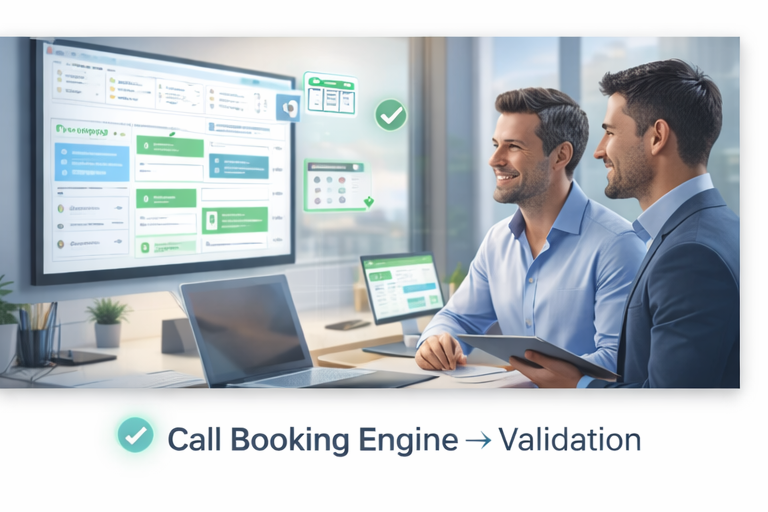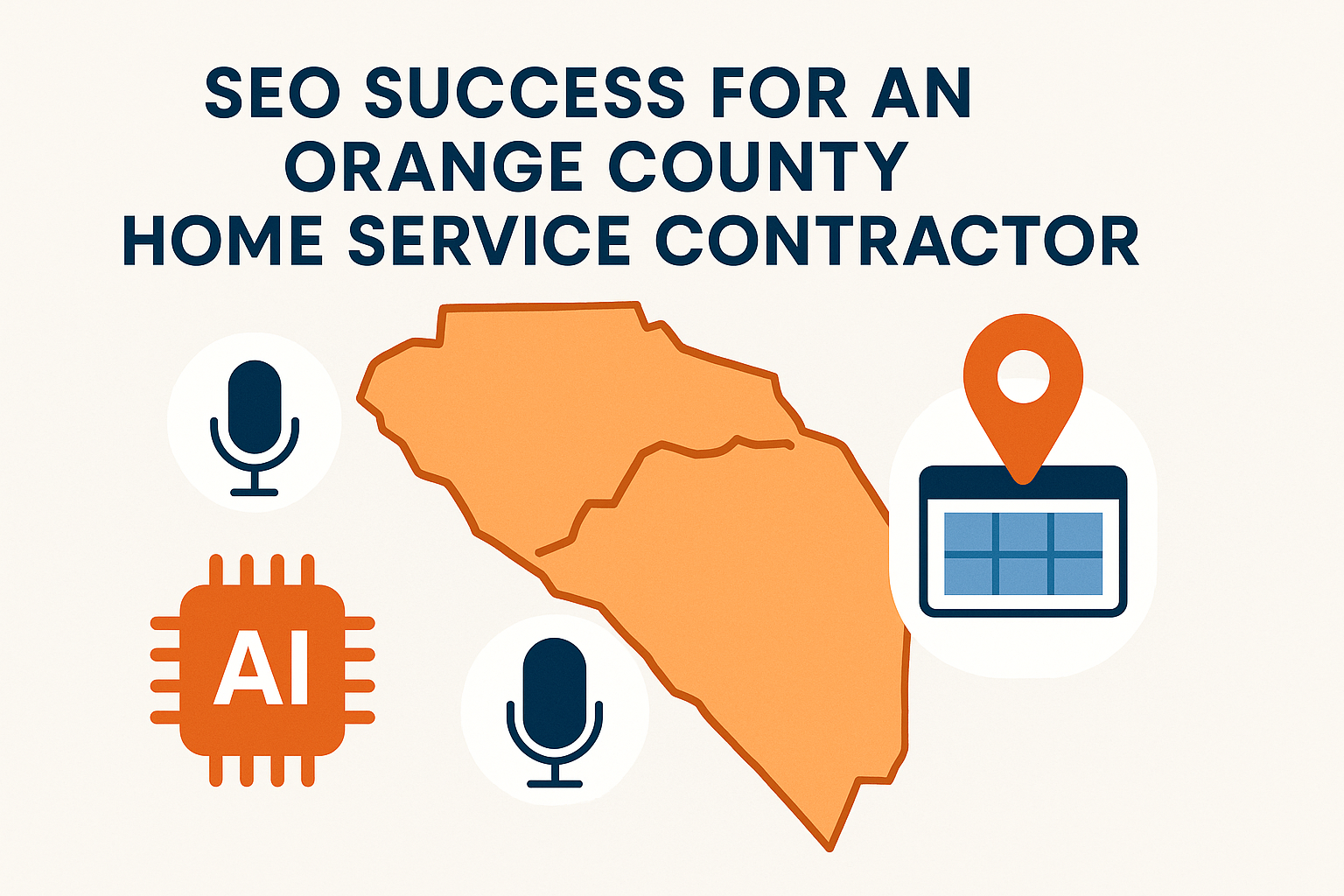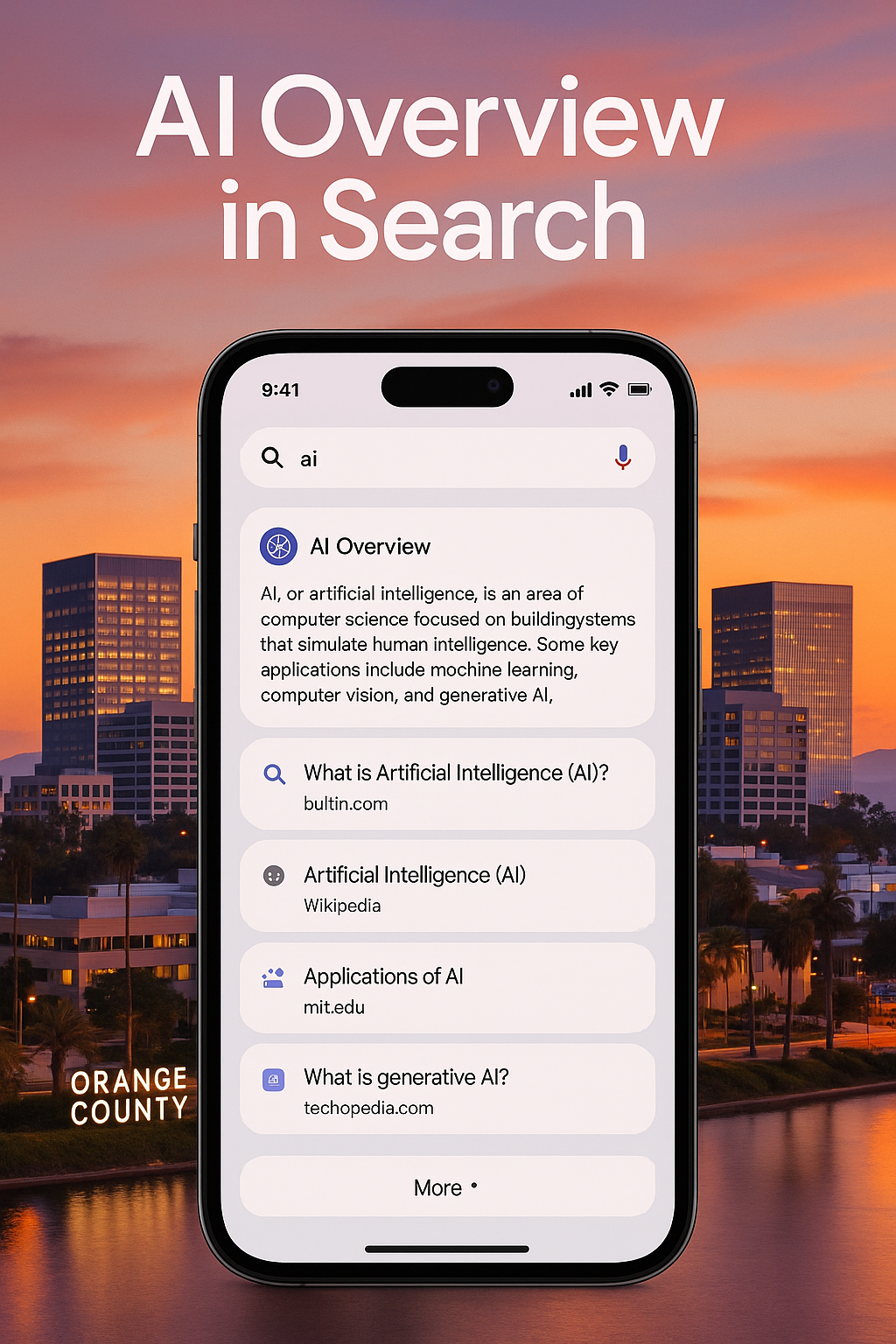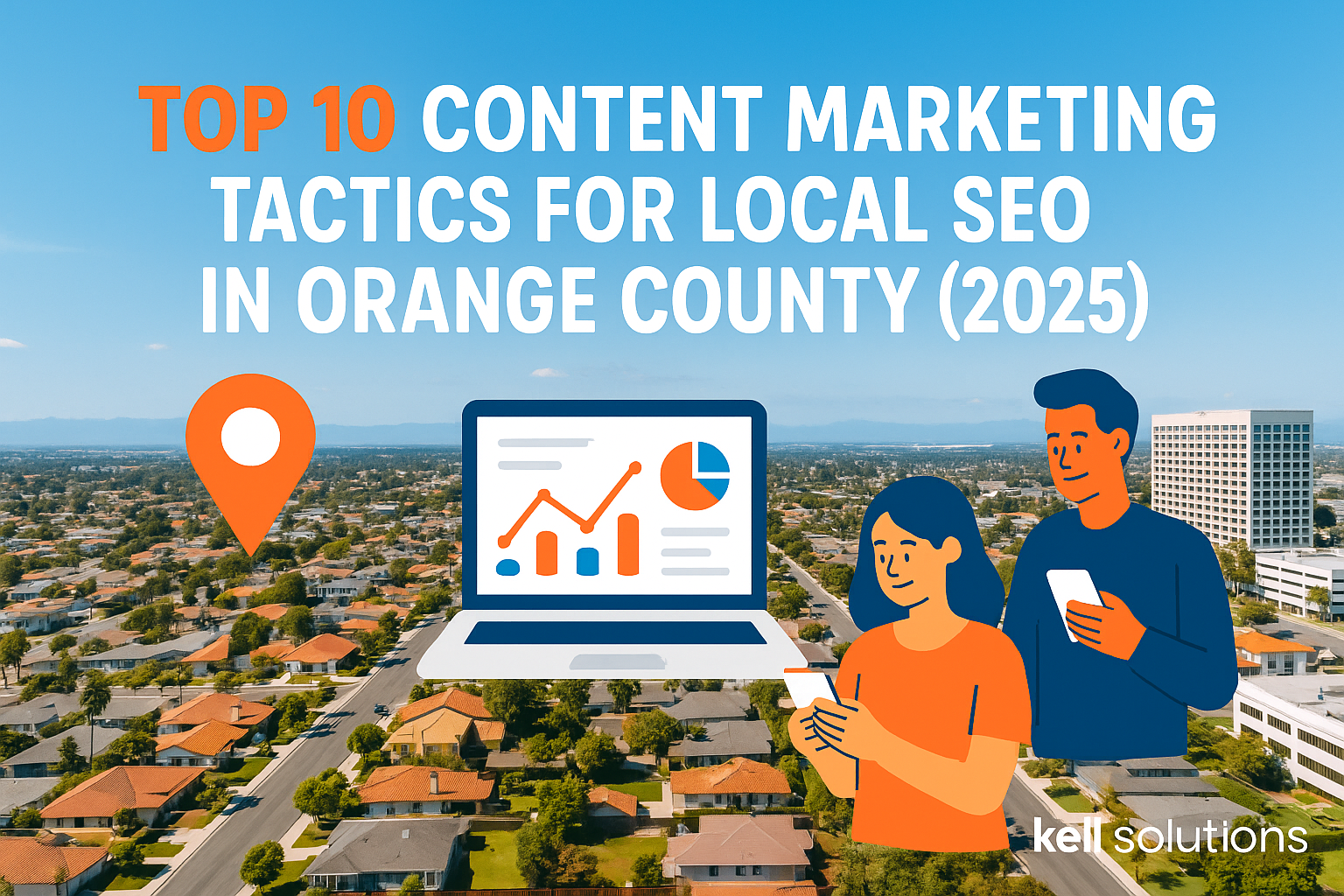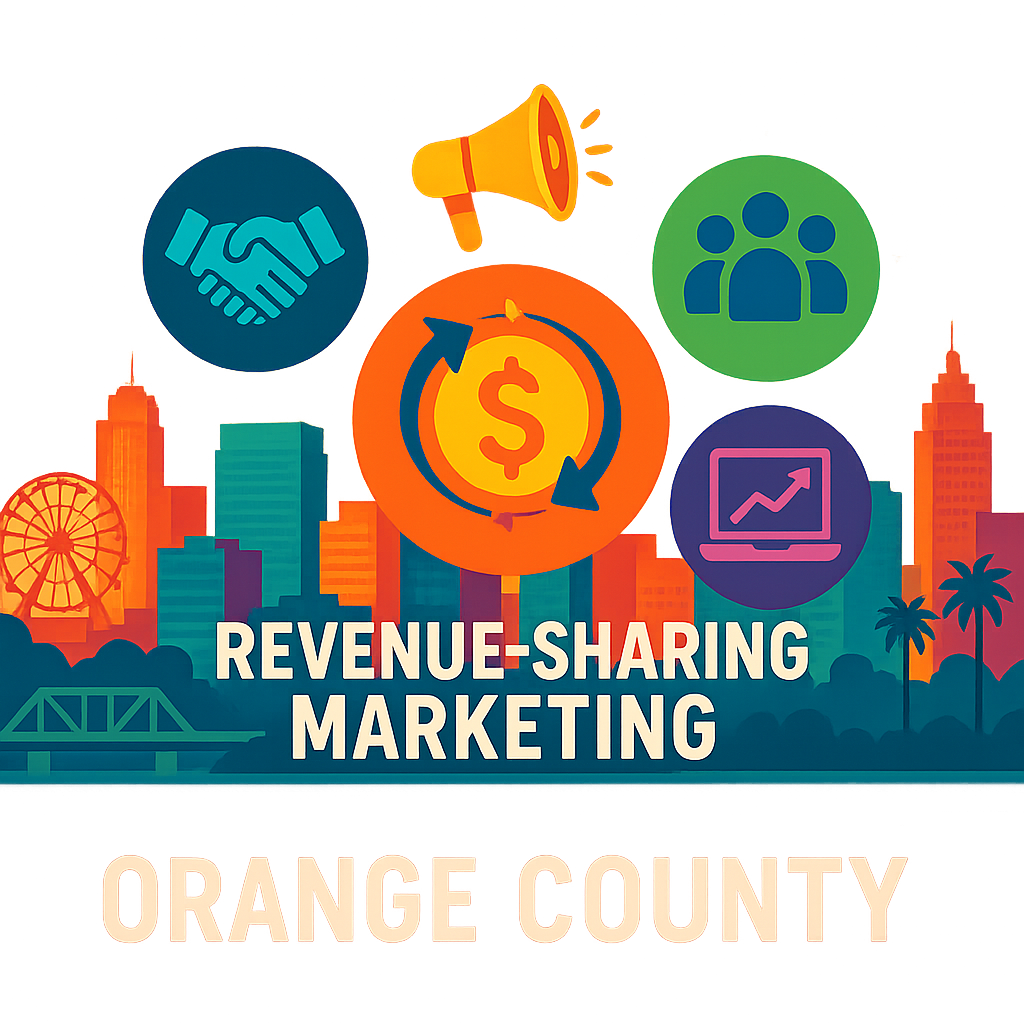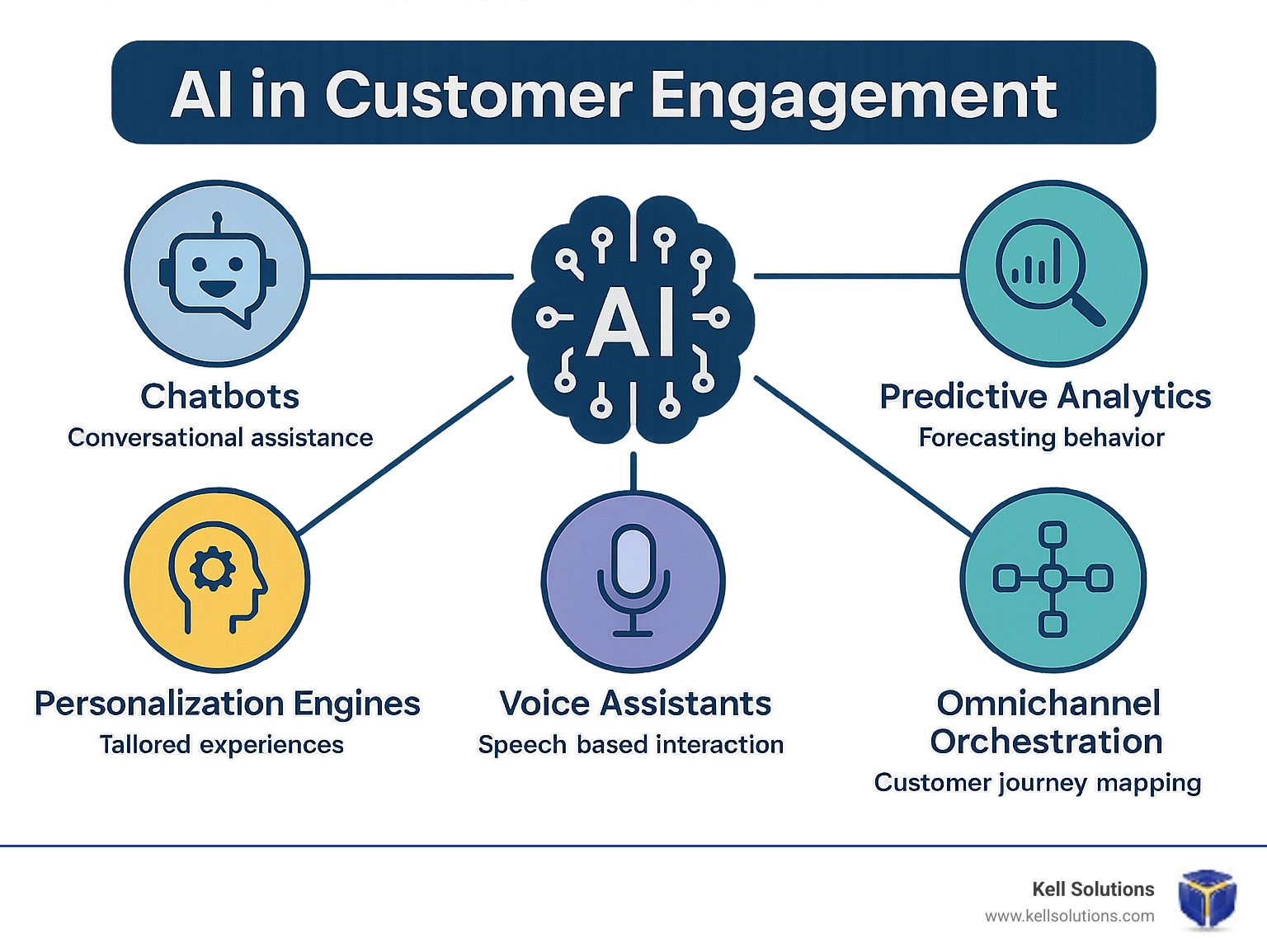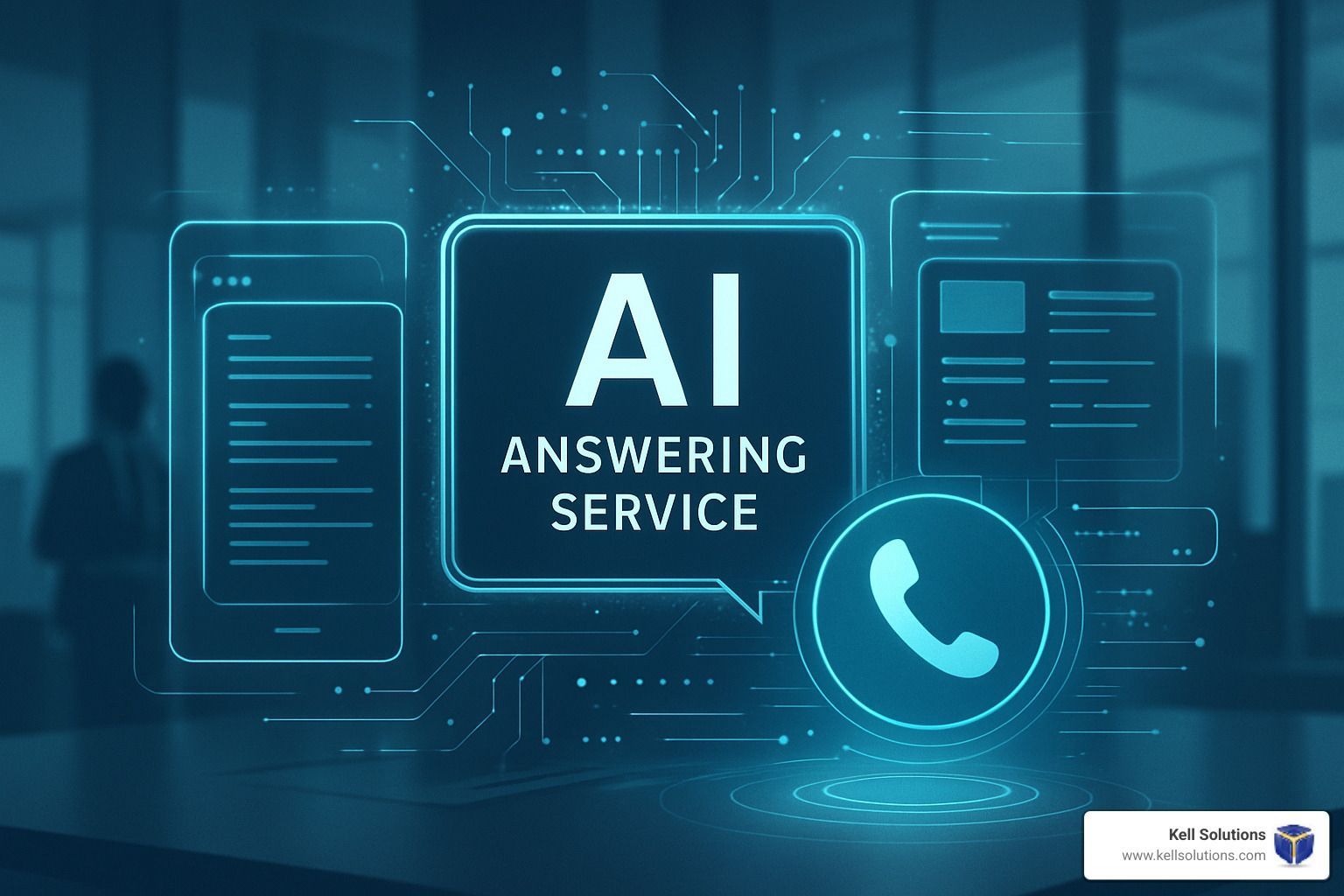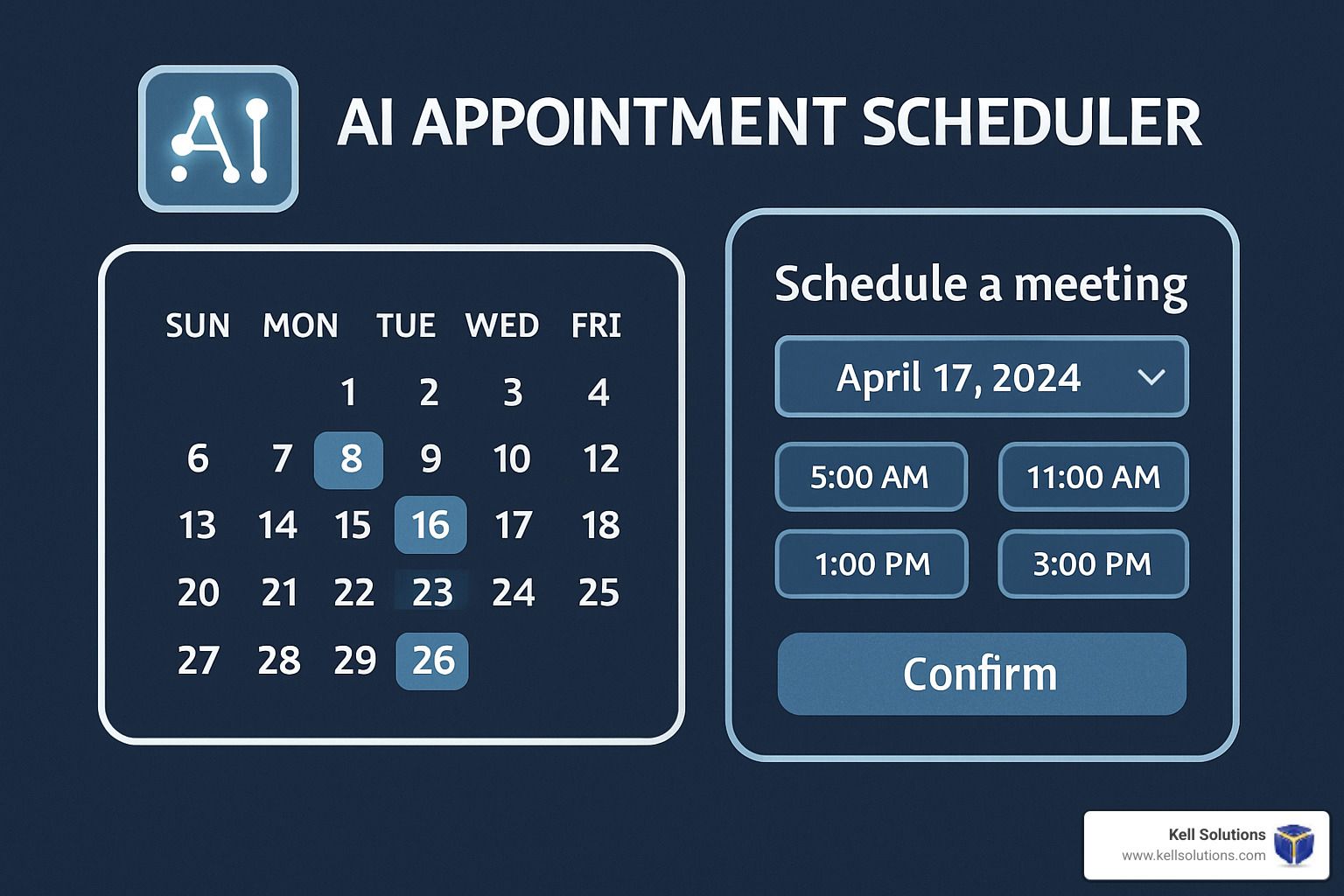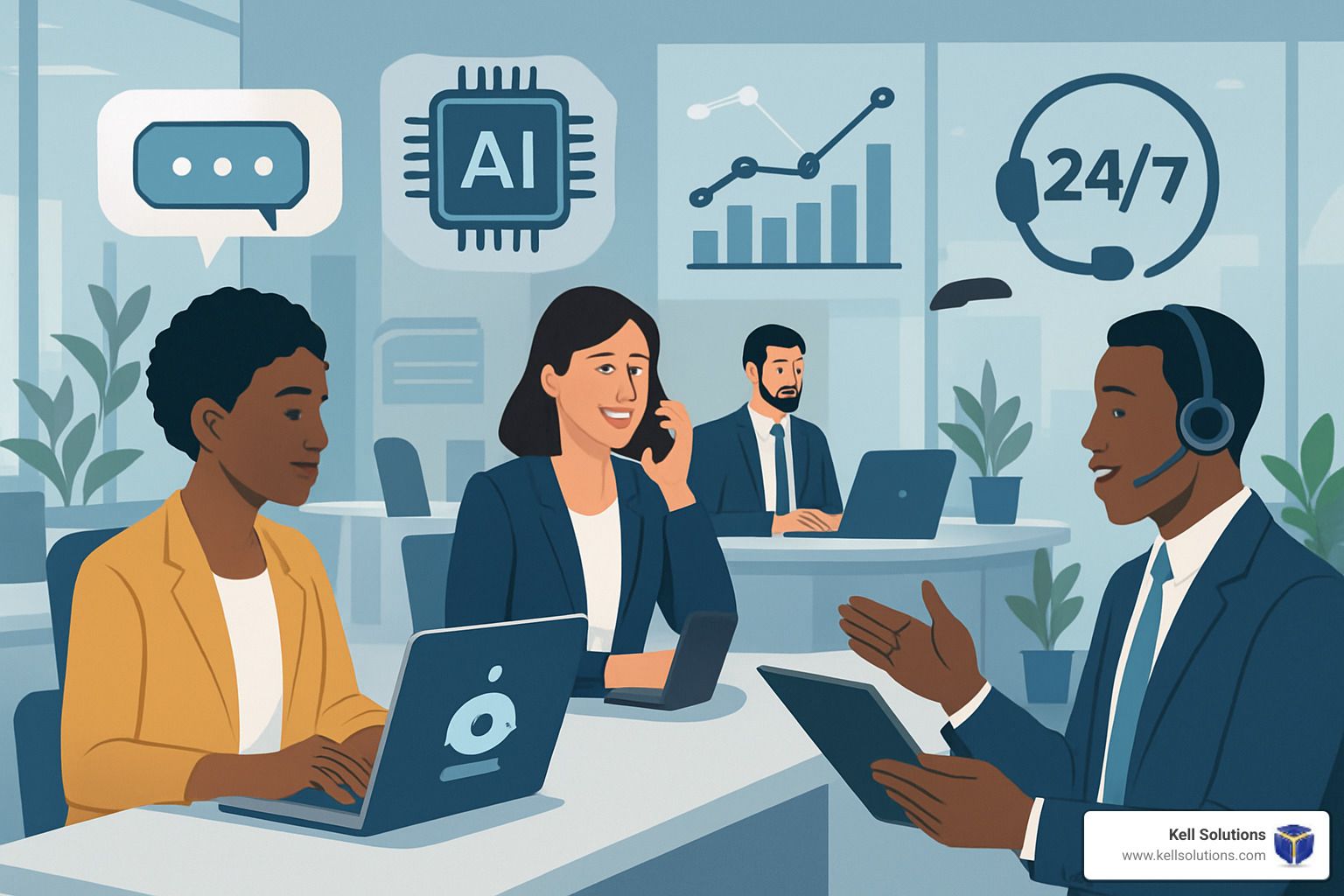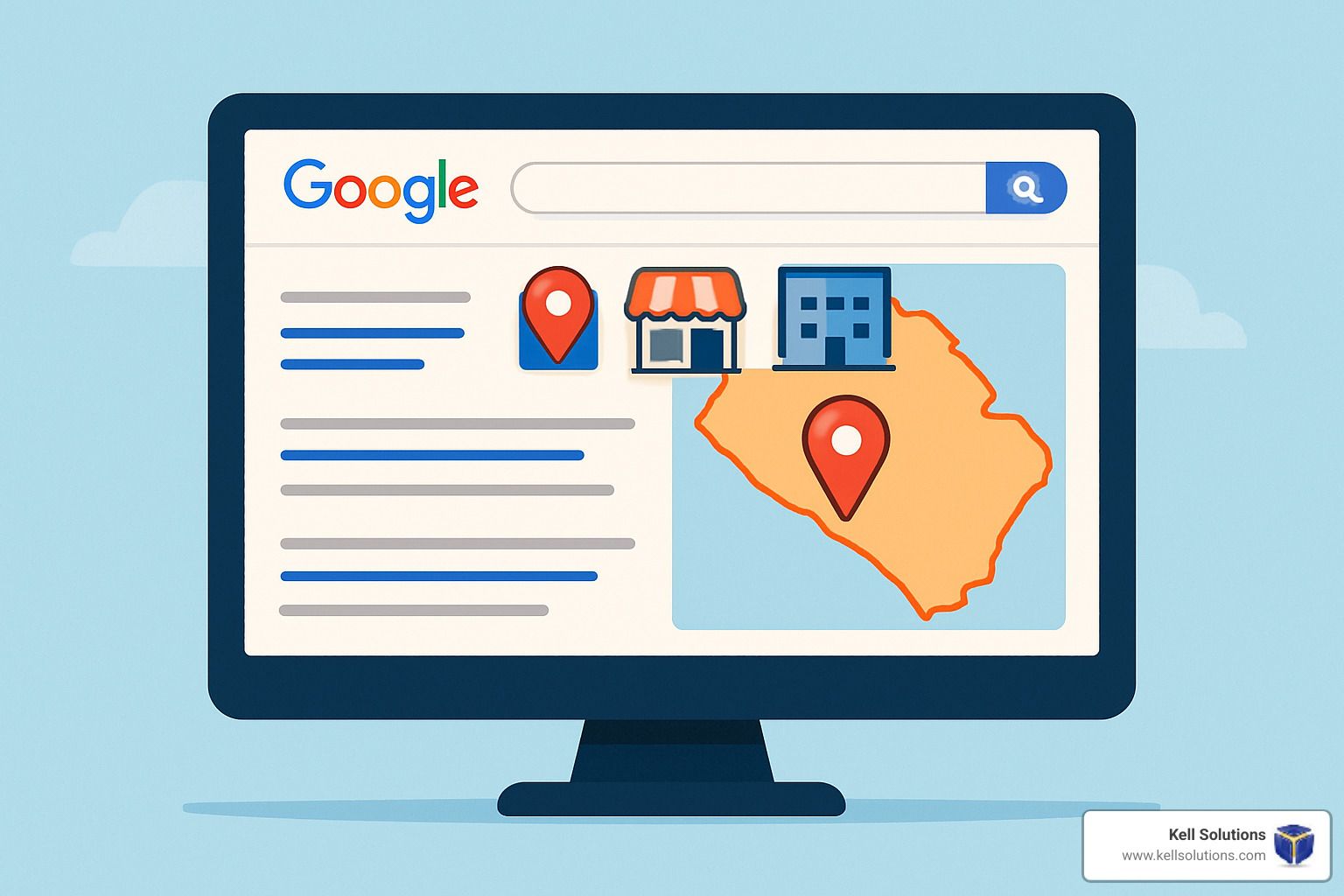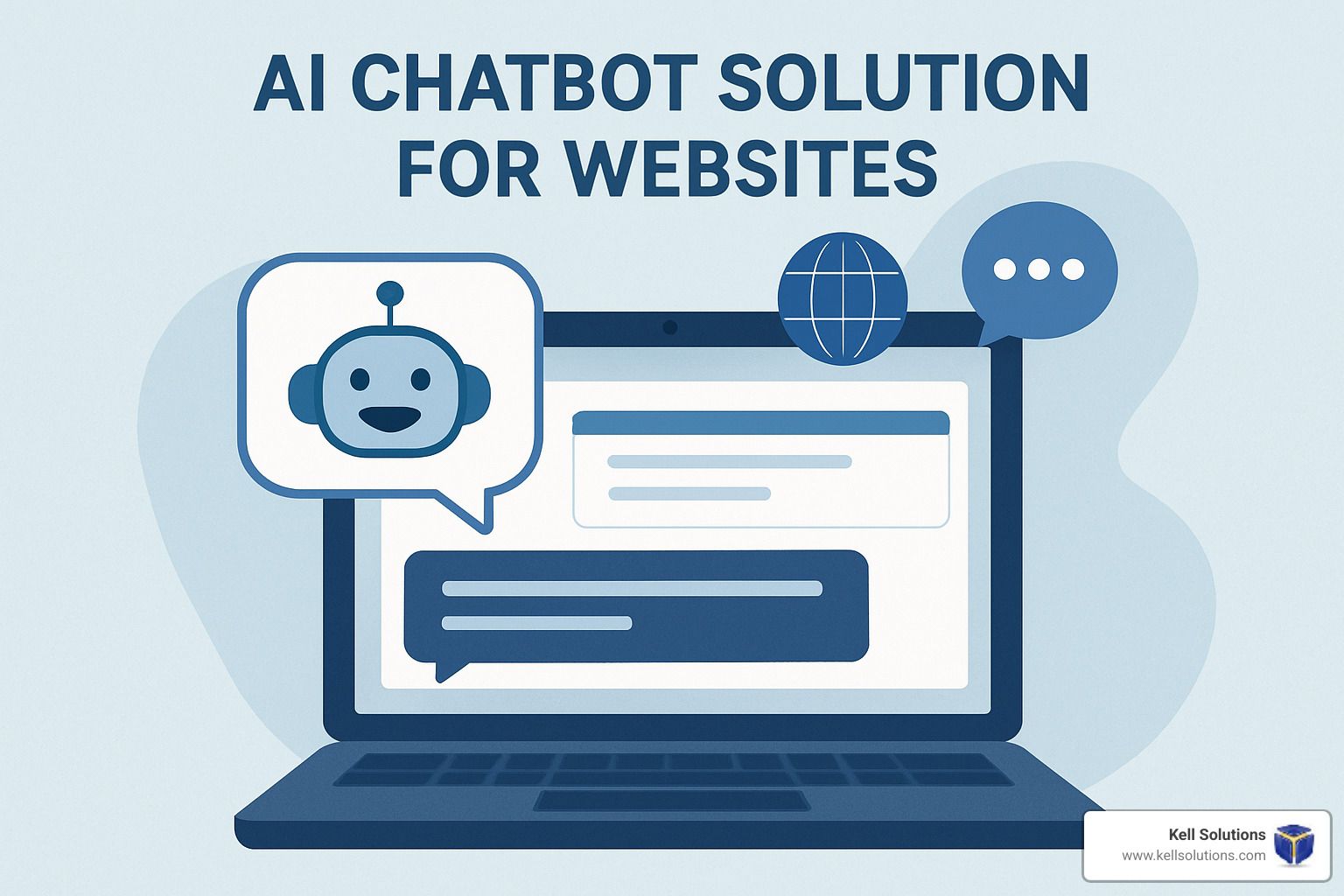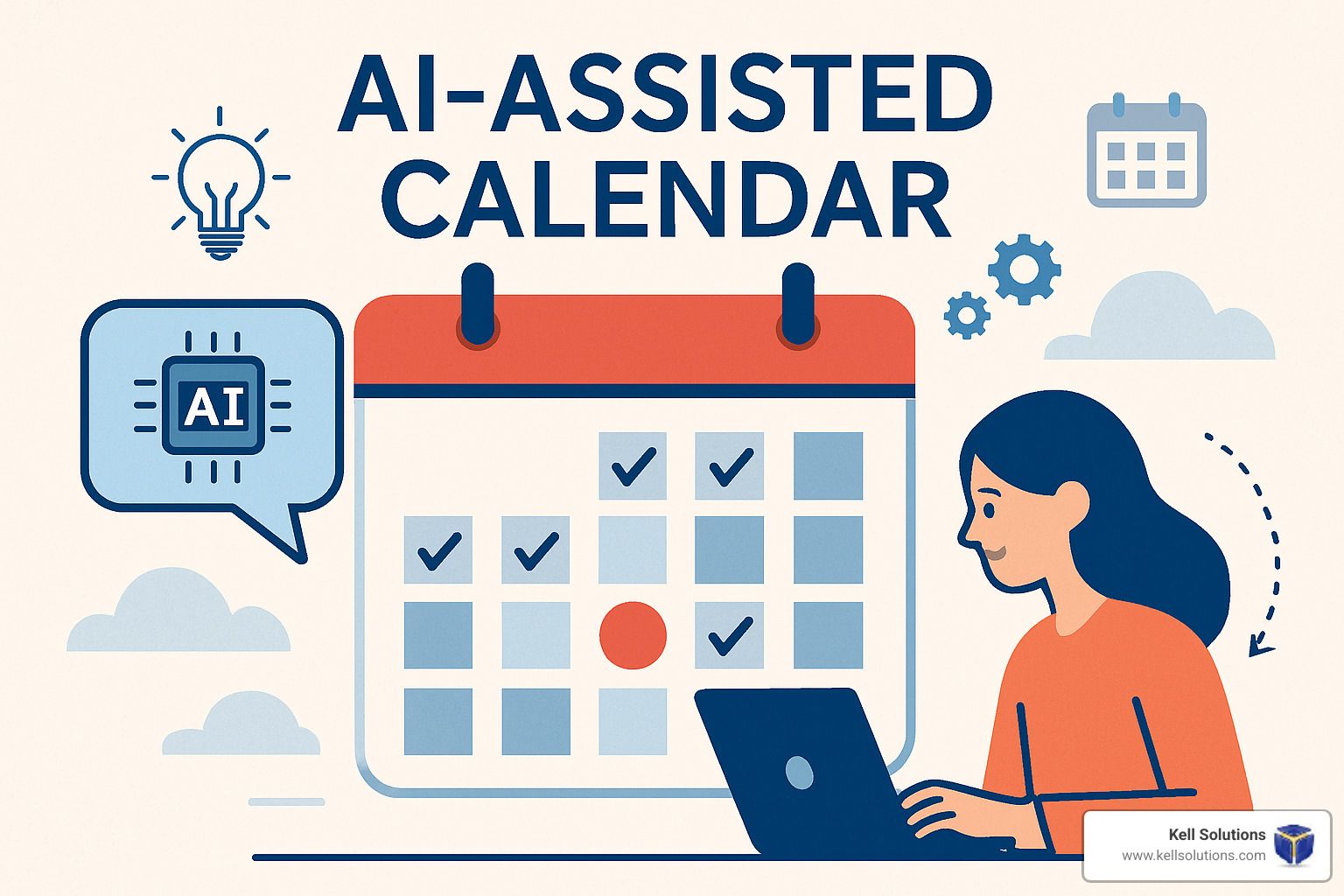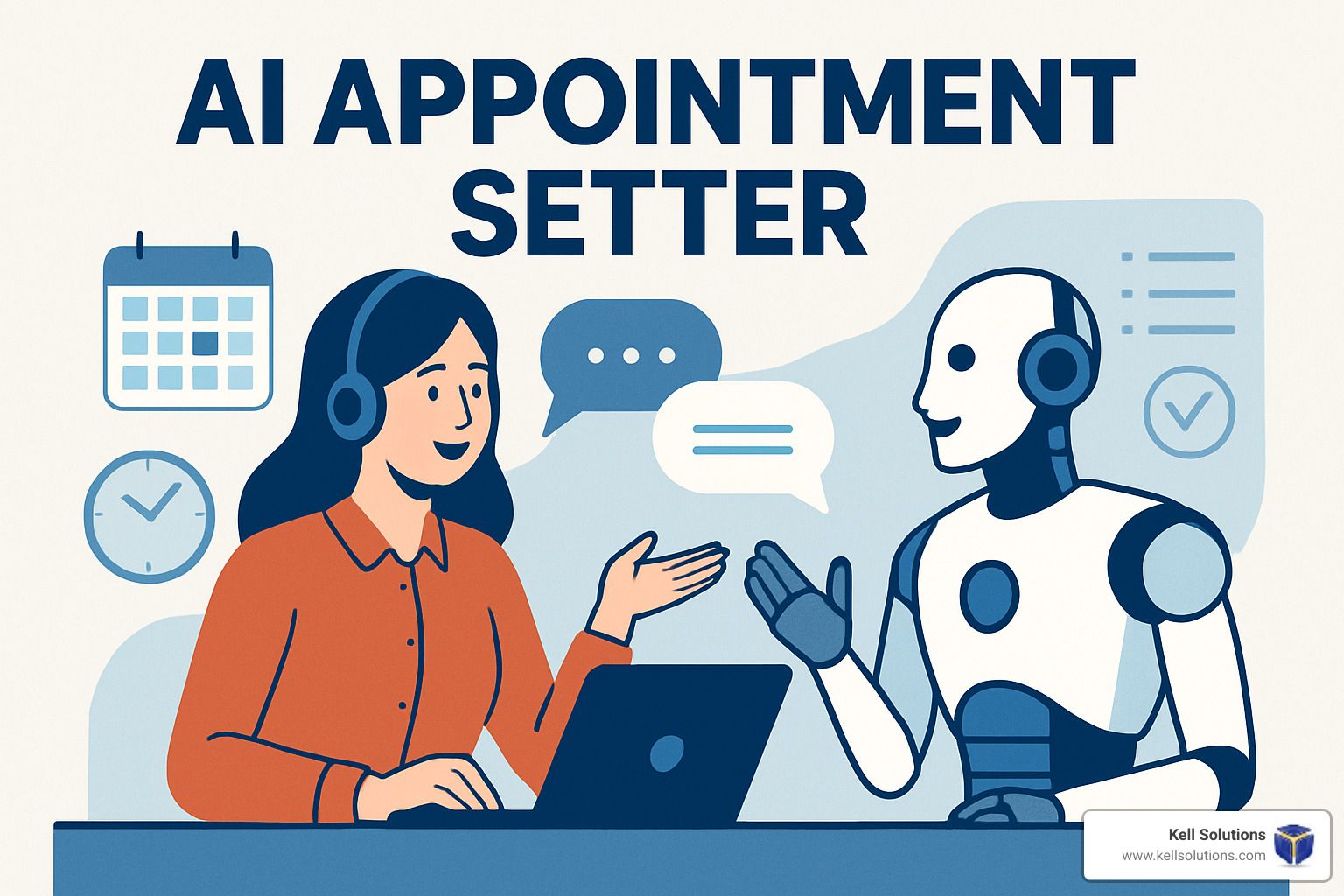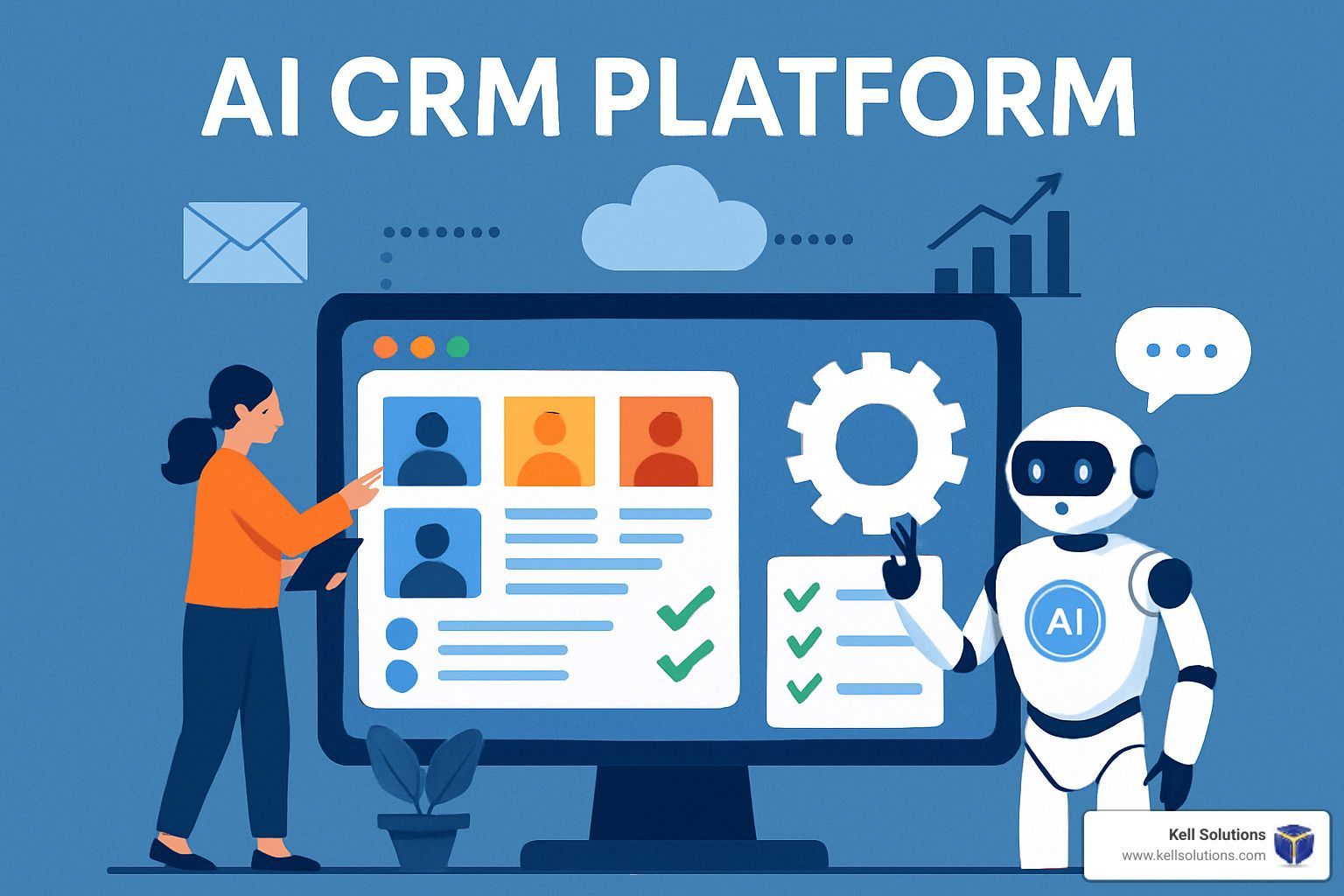AI Integration in Business Processes: Enhance Operations & Improve Efficiency
Ensuring Seamless Transition and Operation
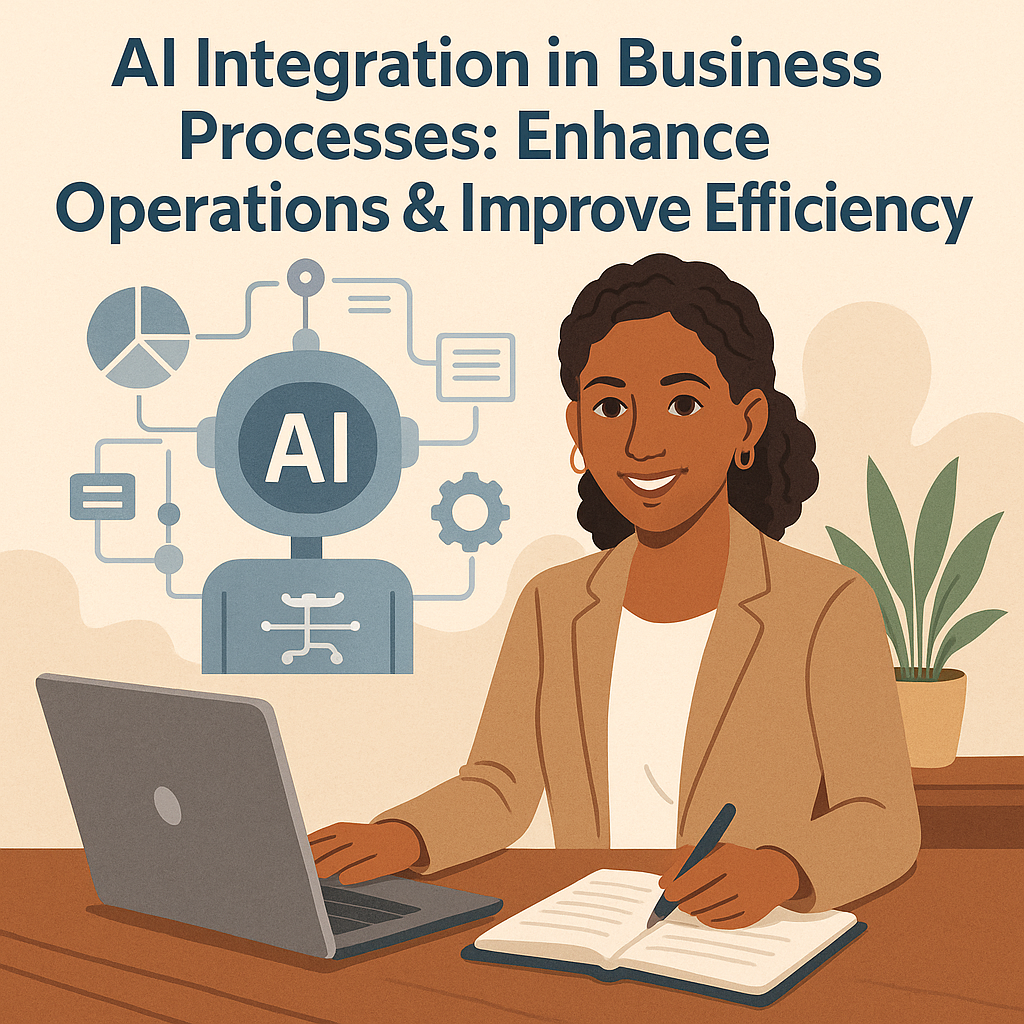
Key Takeaways:
- AI integration can significantly enhance business efficiency by automating routine tasks and providing valuable insights.
- Implementing AI in customer service can reduce response times and improve customer satisfaction.
- Data-driven decision-making is more accurate with AI, leading to better business strategies.
- AI helps in cost reduction by optimizing resource allocation and minimizing waste.
- To successfully integrate AI, businesses should start by assessing their specific needs and selecting the right tools.
AI Integration Benefits Businesses
Artificial Intelligence (AI) is no longer a distant future concept; it's a powerful tool reshaping business landscapes today. By integrating AI into business processes, companies can unlock new levels of efficiency and innovation. Let's explore how AI can benefit businesses and transform operations.
Improving Operational Efficiency
AI is a game-changer when it comes to operational efficiency. It automates repetitive tasks, freeing up employees to focus on more strategic activities. For example, AI can manage inventory, schedule meetings, and even handle customer inquiries through chatbots. This not only saves time but also reduces the likelihood of human error.
Data-Driven Decision Making
Data is the backbone of informed decision-making, and AI excels at analyzing vast amounts of data quickly and accurately. By leveraging AI, businesses can gain insights that were previously inaccessible. AI algorithms can identify patterns, predict trends, and provide recommendations that help companies make strategic decisions with confidence.
Cost Reduction and Resource Optimization
One of the most compelling benefits of AI is its ability to reduce costs. By optimizing resource allocation, AI minimizes waste and maximizes efficiency. For instance, in manufacturing, AI can predict maintenance needs, preventing costly downtime. In finance, AI algorithms can detect fraudulent activities, saving companies significant amounts of money.
Enhanced Customer Experiences
Today's consumers expect personalized and efficient service, and AI delivers just that. By analyzing customer data, AI can tailor experiences to individual preferences. This could mean recommending products based on past purchases or providing instant support through AI-powered chatbots.
- AI chatbots and the VoiceGenie AI VoiceBot offer 24/7 customer support, reducing wait times.
- Personalized recommendations increase customer satisfaction and loyalty.
- Predictive analytics help businesses anticipate customer needs.
Strategic Areas for AI Integration
Identifying the right areas for AI integration is crucial for maximizing its benefits. Businesses must strategically choose where to implement AI to align with their goals and enhance overall performance.
Customer Service Automation
AI can revolutionize customer service by providing quick and efficient responses to customer queries. AI chatbots can handle a large volume of inquiries simultaneously, ensuring customers receive timely assistance without the need for human intervention. This not only improves customer satisfaction but also allows support teams to focus on more complex issues.
Sales and Marketing Insights
In sales and marketing, AI can provide deep insights into customer behavior and preferences. By analyzing data from various sources, AI helps businesses tailor their marketing strategies to target the right audience with the right message. This precision leads to higher conversion rates and more effective campaigns.
Operational Processes Optimization
AI optimizes operational processes by streamlining workflows and improving productivity. In supply chain management, for instance, AI can predict demand and optimize inventory levels, ensuring that products are available when needed without overstocking. This reduces costs and enhances customer satisfaction by preventing stockouts.
Financial and Risk Management
AI is a valuable tool in financial and risk management. It can analyze financial data to detect anomalies and potential risks, allowing businesses to take proactive measures. Additionally, AI can automate financial reporting, ensuring accuracy and compliance with regulations.
Human Resources and Talent Management
AI has a transformative impact on human resources by automating routine tasks and enhancing decision-making processes. For example, AI can streamline recruitment by scanning resumes and identifying the best candidates based on predefined criteria. This saves HR teams countless hours and ensures a more objective selection process.
Moreover, AI can assist in talent management by identifying skill gaps within the organization and recommending training programs. This proactive approach not only develops employee skills but also aligns workforce capabilities with business goals, fostering a more competent and engaged workforce.
Steps to Implement AI Effectively
Adopting AI in business processes requires a strategic approach to ensure successful integration. Here are some essential steps to guide you through the process:
First, it is crucial to understand your business needs and identify areas where AI can provide the most value. This requires a thorough assessment of current operations and potential improvements AI can bring.
Assessment of Business Needs
Start by evaluating your business processes to identify pain points and opportunities for AI intervention. This involves analyzing workflows, customer interactions, and data management practices to determine where AI can deliver significant improvements.
Selecting Appropriate AI Tools
Once you have identified the areas for AI integration, the next step is selecting the right tools. This involves researching and comparing different AI solutions to find the ones that best align with your business objectives and technical requirements.
Consider factors such as ease of integration, scalability, and vendor support when making your decision. It's also beneficial to seek recommendations from industry experts or peers who have successfully implemented AI in similar contexts.
Training and Skill Development
AI implementation is not just about technology; it's also about people. Ensuring your team has the necessary skills to work with AI tools is essential for successful integration. This might involve providing training sessions, workshops, or online courses to upskill your workforce.
Monitoring and Continuous Improvement
AI integration is an ongoing process that requires regular monitoring and adjustments. Establish key performance indicators (KPIs) to measure the impact of AI on your business processes. Use these metrics to identify areas for improvement and make necessary changes to optimize AI performance.
- Regularly review outfputs from AI Agents to ensure accuracy and relevance.
- Gather feedback from employees and customers to identify potential enhancements.
- Stay updated with AI advancements to leverage new features and capabilities.
Challenges and Solutions in AI Integration
While AI offers numerous benefits, integrating it into business processes comes with its own set of challenges. Addressing these challenges proactively is crucial for a smooth transition.
Example: A retail company faced challenges with data privacy when implementing AI-driven customer insights. By collaborating with legal experts, they developed a comprehensive data protection strategy that ensured compliance with regulations while leveraging AI capabilities.
Understanding potential obstacles and devising solutions is key to successful AI integration.
Some common challenges include data privacy concerns, resistance to change, and ensuring AI transparency. Let's explore these challenges in detail and discuss possible solutions.
Data Privacy and Security Concerns
AI systems often require access to vast amounts of data, raising concerns about privacy and security. To address these concerns, businesses must implement robust data protection measures, such as encryption, access controls, and regular audits.
Managing Change in Organizations
Introducing AI can lead to resistance from employees who fear job displacement or are hesitant to adopt new technologies. Effective change management strategies, such as clear communication, employee involvement, and training programs, can help alleviate these concerns.
Ensuring AI Explainability and Transparency
AI models can sometimes be perceived as "black boxes" due to their complexity. Ensuring AI explainability and transparency is essential for building trust among stakeholders. This involves providing clear documentation, offering insights into AI decision-making processes, and involving stakeholders in AI development and deployment.
- Develop ethical guidelines for AI use to ensure fairness and accountability.
- Conduct regular audits to evaluate AI performance and compliance with ethical standards.
- Engage with industry experts and stakeholders to stay informed about best practices in AI transparency.
Future Trends of AI in Business
As AI technology continues to evolve, its impact on business processes is set to grow even more profound. Companies that embrace these trends will likely gain a competitive edge in their respective industries. Here are some of the future trends in AI that businesses should keep an eye on, as discussed in this competitive advantage of using AI in business article.
AI-Driven Content Generation
AI is increasingly being used to create content, from blog posts to marketing materials. AI-driven content generation tools can produce high-quality content quickly, saving time and resources. This technology can also personalize content for different audiences, enhancing engagement and conversion rates.
Integrating AI with Internet of Things (IoT)
The integration of AI with IoT devices offers significant opportunities for businesses. AI can analyze data collected from IoT devices in real-time, providing insights that improve operational efficiency and decision-making. This integration is particularly beneficial in industries like manufacturing, where it can optimize production processes and reduce downtime.
Adopting Explainable AI Technologies
As AI becomes more prevalent, there is a growing demand for explainable AI technologies. These technologies provide transparency in AI decision-making processes, helping businesses build trust with stakeholders. Explainable AI is crucial in sectors like finance and healthcare, where understanding AI decisions is essential for compliance and ethical considerations.
Frequently Asked Questions
As businesses consider integrating AI into their processes, several questions often arise. Here are some of the most common inquiries and their answers.
How does AI improve business efficiency?
AI improves business efficiency by automating routine tasks, analyzing data for insights, and optimizing resource allocation. This allows employees to focus on more strategic activities, reducing costs and improving productivity.
What business areas can benefit from AI?
AI can benefit various business areas, including customer service, sales and marketing, operations, finance, and human resources. By enhancing processes in these areas, AI helps businesses achieve better outcomes and improve overall performance.
How do we choose the right AI tools?
Choosing the right AI tools involves assessing your business needs, researching available solutions, and considering factors like ease of integration, scalability, and vendor support. Seeking recommendations from industry experts and peers can also help make an informed decision.
What are common challenges in AI implementation?
Common challenges in AI implementation include data privacy concerns, resistance to change, and ensuring AI transparency. Addressing these challenges requires robust data protection measures, effective change management strategies, and clear documentation of AI processes.
What are emerging AI trends in business?
Example: A logistics company integrated AI with IoT devices to monitor fleet performance in real-time. This integration reduced fuel consumption by 15% and improved delivery times, demonstrating the potential of combining AI and IoT for operational efficiency.
Emerging AI trends in business include AI-driven content generation, integration with IoT devices, and the adoption of explainable AI technologies. Staying informed about these trends can help businesses leverage AI's full potential and maintain a competitive advantage.
In conclusion, AI integration in business processes offers numerous benefits, from enhancing operational efficiency to improving customer experiences. By strategically implementing AI and staying ahead of emerging trends, businesses can achieve significant improvements in performance and competitiveness.
Remember, the key to successful AI integration lies in understanding your business needs, selecting the right tools, and continuously monitoring and improving AI processes. With the right approach, AI can transform your business and drive long-term success.
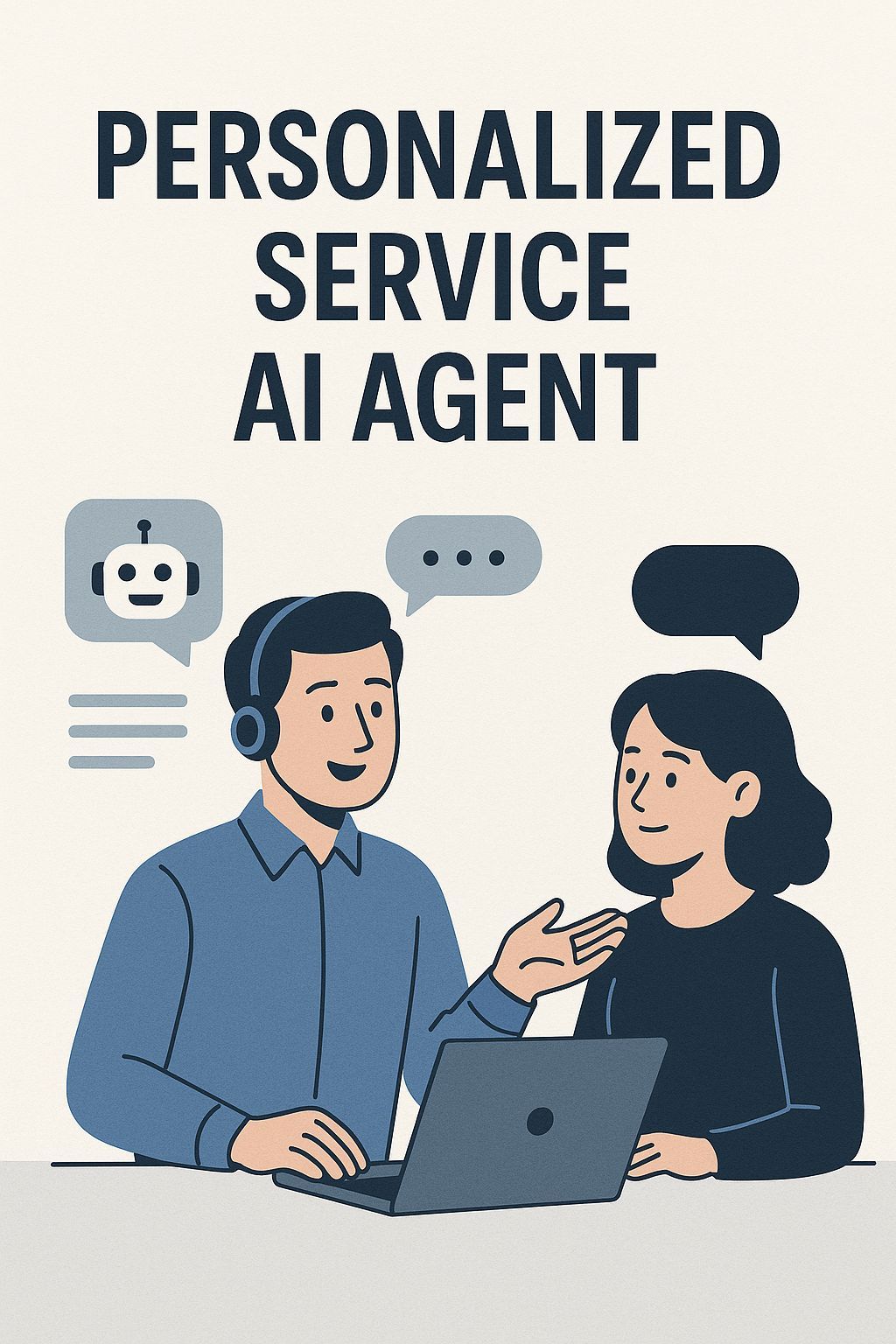

Orange County HVAC Google AI Overview Domination: 7 Proven Strategies to Capture Featured AI Results




